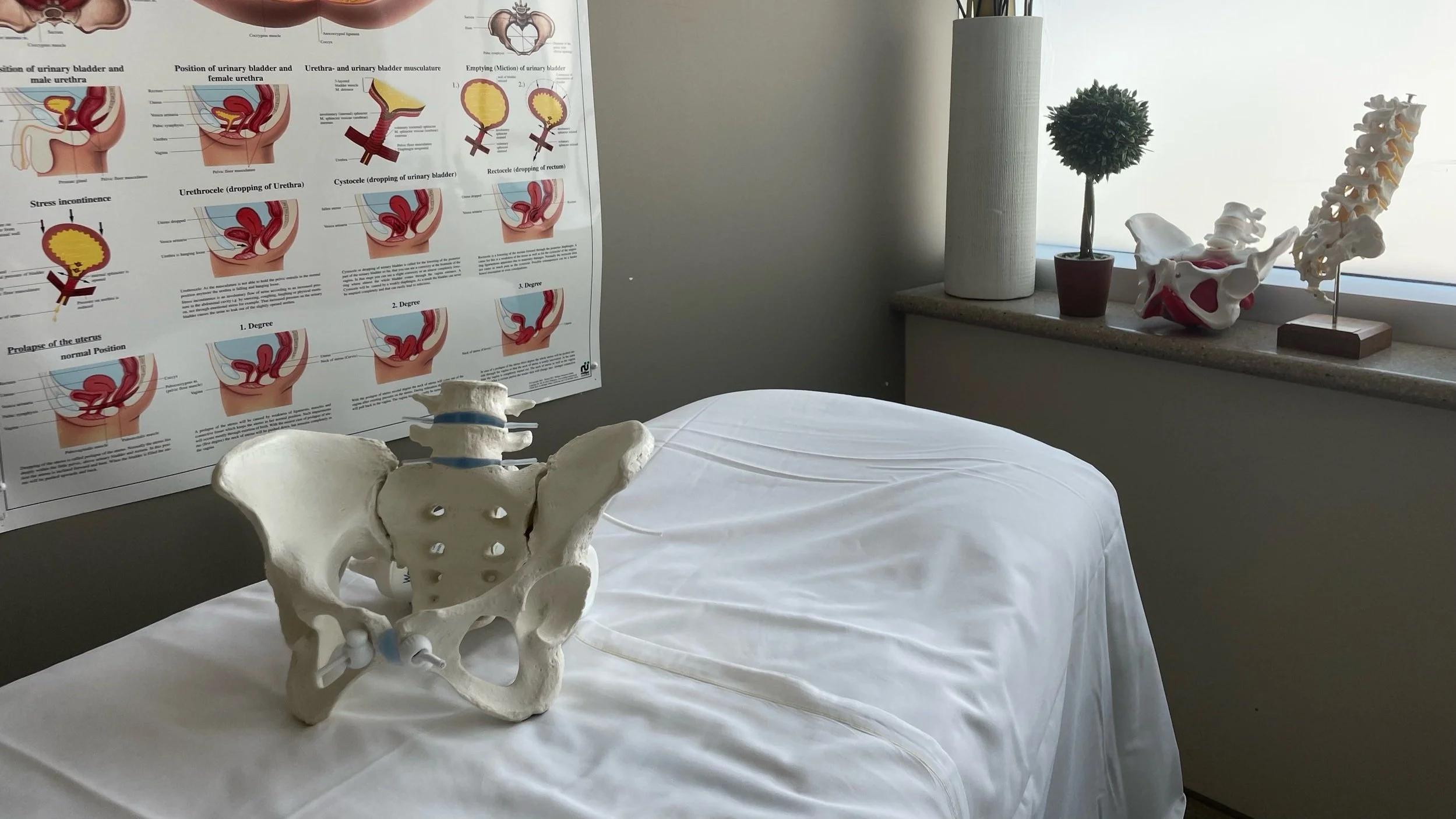We are a team of specialists addressing lower urinary tract and pelvic health problems.
Improving awareness, access and quality of care to those managing urinary and pelvic health conditions.
Our team includes specialists, family doctors, physician assistants, nurses and physiotherapists.
Improving quality of life.
Although urinary, prostate and pelvic conditions are common health conditions, many don't seek the help they need. Our experienced team works to diagnose and treat these problems.
A team-based approach.
All patients referred to [Alberta Bladder Centre] will be triaged to a member of our team. Our healthcare model ensures the most timely access to the most appropriate provider.
Committed to education.
At [Alberta Bladder Centre], we train the next generation of medical specialists. Medical students, residents and reconstructive urology fellows are part of our team.
-
This is a specialized test to diagnose the nerve and muscle function affecting the bladder. It involves the placement of special catheters in the bladder and rectum to measure pressure changes.
-
Many urinary and pelvic health problems are best managed with pelvic floor physiotherapy. The goal of physiotherapy is to improve pelvic floor function through exercises, lifestyle modifications, education and hands-on treatment to decrease and eliminate symptoms. Referrals are not required for pelvic physiotherapy and patients can book directly for this patient-pay care. All visits will be provided with a receipt for your submission to any insurance you have.
-
A common procedure done in the hospital where a urologist will insert a camera or cystoscope into the urethra and bladder to diagnose urinary issues.
-
Many visits will start with completing a number of validated health questionnaires upon arriving, if possible, with a comfortably full bladder. Patients will be directed to perform a Uroflow and Bladder Scan to assess your ability to void and empty your bladder.
-
In and out catheters and indwelling urethral and suprapubic catheters are often required to manage urinary issues. Our dedicated RNs and PAs will work with you to find the best solution. Additionally, they will work to maximize Alberta Aids to Daily Living (AADL) applications for catheter coverage.
-
Pessaries are fitted devices that sit within the vagina to help with urinary incontinence and vaginal prolapse. Our RNs are trained in sizing and fitting pessaries. This service is not covered by the Alberta Government and patients will be billed directly.
Services
Treated Conditions
-
This is a term that refers to a large number of urinary conditions that affect male and female patients. Sometimes related to the prostate, referred to as benign prostate hypertrophy (BPH), and sometimes related to the pelvic floor, called dysfunctional voiding (DV). It is important to undergo questionnaires, an examination and testing to accurately diagnose and treat LUTS.
-
This is urinary leakage that occurs commonly in females with coughing, sneezing, straining or exercise causing urine to leak. After prostate surgery, some men may also experience SUI.
-
Many women experience prolapse as they age. The bladder, uterus, vaginal vault and/or rectum can all prolapse into the vagina and present symptoms and bulging. Many treatments exist from pelvic floor physiotherapy and pessaries to surgery for this condition. The most important step is getting an accurate diagnosis of what is occurring.
-
NLUTD is the term that refers to any urinary storage or voiding issues related to a nervous system disorder in the brain, spinal cord or nerves. Accurate diagnosis and treatment can preserve kidney function, minimize urinary tract infections and improve quality of life.
-
An infection that happens when bacteria enters the urethra and infects the urinary tract. It is considered recurrent when two or more bladder infections happen within six months, or three or more infections within a year.
-
A common condition in men and women, especially as people age. The symptoms are urgency to urinate, frequently needing to void, rising at night to void (nocturia) and sometimes urgency incontinence when the urge to urinate is so strong that leakage occurs.
-
Sometimes referred to as an overactive bladder, urinary incontinence involves bladder control issues and can be caused by problems with the muscles and nerves that help the bladder hold and pass urine.
Referrals
For Patients — Referrals are required for clinical services and physicians.
For Physicians — Please direct all referrals to the Alberta FAST Office.
Phone: 833-553-3278
Fax: 833-627-7023
For more information about the Alberta FAST program go online to www.ahs.ca/specialtyaccess
For Pelvic Floor Physiotherapy — Referrals are not required for pelvic floor physiotherapy. Please contact the clinic directly for more information or to book an appointment at 403-943-8900 ext 5.
![[Alberta Bladder Centre]](http://images.squarespace-cdn.com/content/v1/638e2d892c70a7387c739c46/c52f0547-f57b-4f96-8970-64356d0d097c/ABC+Horizontal+Logo+Blue+Padding+RGB.png?format=1500w)


